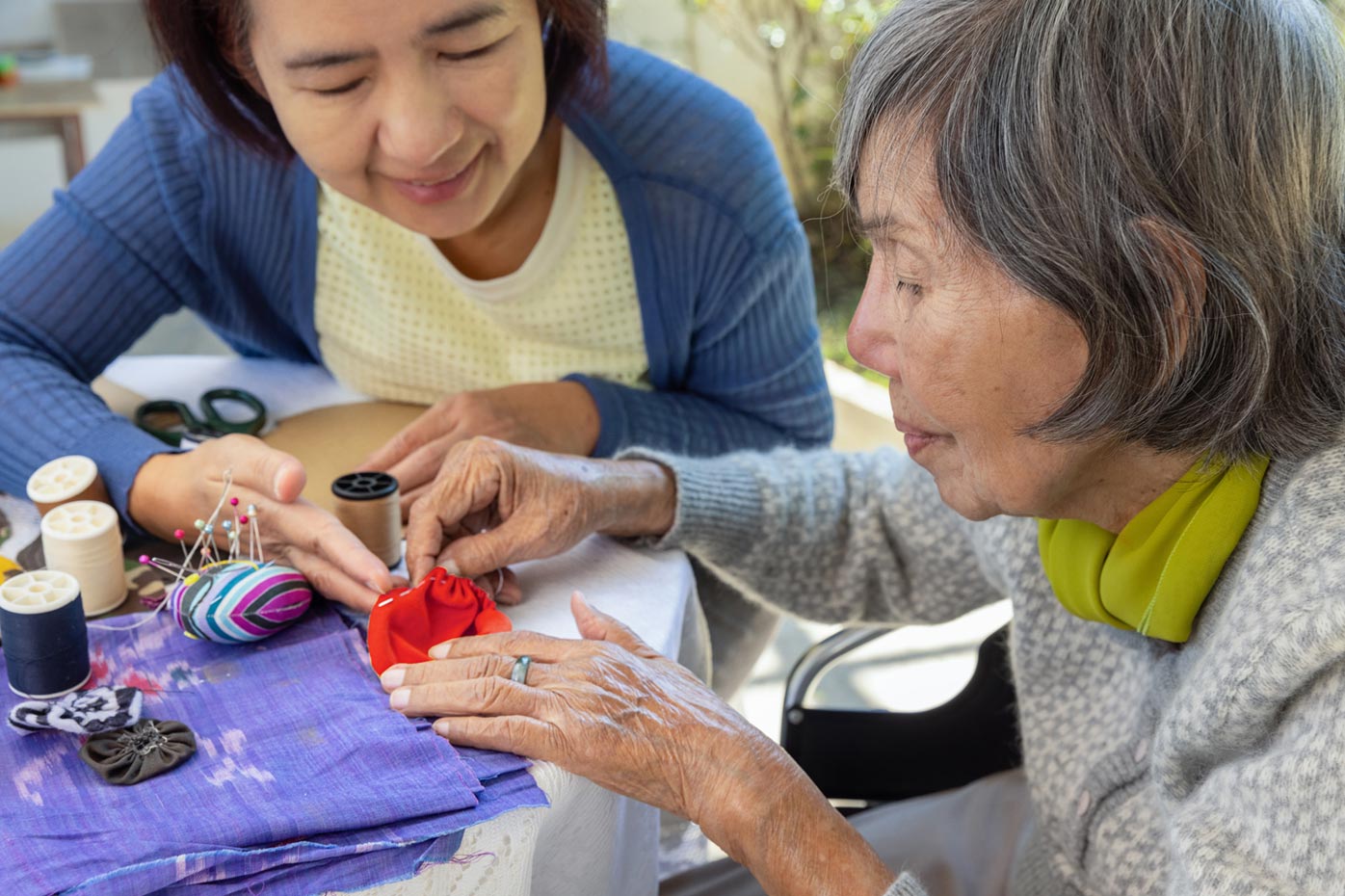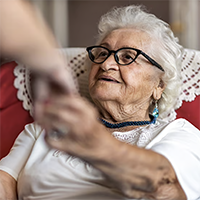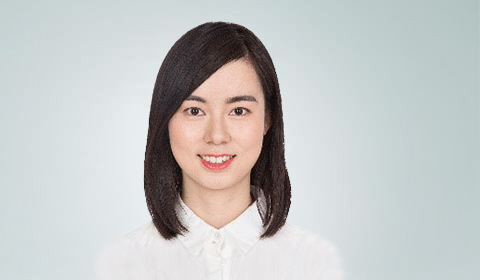A new era in care
But in September 2017, the South Korean government announced the National Dementia Responsibility System, a policy to address dementia at the national level. Through this initiative, the Ministry of Health and Welfare established a comprehensive dementia support system, which included dementia assistance centers, expanded long-term care services, and stronger medical support.
Amid heightened public awareness, insurers raced to launch new dementia products. New products not only covered severe dementia, but also extended coverage to moderate dementia (CDR Level 2) and mild dementia (CDR Level 1).
Another popular benefit was a severe dementia long-term care annuity. When severe dementia is diagnosed, the annuity then is paid for life or for a certain period, such as five years.
Dementia insurance underwriting can be done through simplified issue or full underwriting. The simplified issue process involves a shorter questionnaire, primarily focused on dementia risk.
Some products include a surrender value, which adds a savings component to the product. Others have no surrender value, which lowers premiums. The latter design tends to have better sales.
In the wake of the change in policy at the national level, sales of dementia insurance in South Korea grew significantly, doubling in 2018 compared to 2017. New business premiums nearly tripled.
Seeing that market trend, more insurers, including many leading companies, introduced dementia insurance products in early 2019, driving sales to new heights.
Upgraded offerings
With increased competition came a change in the types of products on the market. Dementia insurance that provided only diagnostic coverage no longer met market demand. By the start of 2021, insurers had upgraded dementia insurance to add diversified riders and services, strengthening the competitiveness and attractiveness of the product.
Riders included the following four categories:
- Category 1: Dementia prevention coverage, mainly for dementia CT and MRI scans. Compensation can be obtained by performing a CT and MRI when the doctor believes that examination is needed.
- Category 2: Dementia treatment coverage, which mainly covers the cost of dementia treatment drugs.
- Category 3: Long-term care coverage. The triggering condition is not dementia itself but rather the level of long-term care status. Coverage corresponds to whether care services are received at home or a facility.
- Category 4: Hospital cash coverage, which commonly includes hospital cash due to dementia and allowances for the use of caregiver services during hospitalization.
In addition to diversifying riders, insurers also introduced a variety of value-added services to attract customers. Customers who have purchased dementia insurance products can submit requests to receive corresponding services. Some may require additional fees. These value-added services are categorized based on the severity of their dementia status:
- Category 1: Individuals without a confirmed diagnosis of dementia can participate in dementia prevention programs and early dementia diagnosis services. They also can receive health and psychological counseling services.
- Category 2: Individuals diagnosed with mild dementia can access dementia care planning, hospital companionship, and psychological counseling for family (guardian).
- Category 3: Individuals diagnosed with moderate dementia can benefit from services such as location trackers and escorted transportation for hospital visits.
- Category 4: Individuals diagnosed with severe dementia, in addition to the services mentioned above, can also receive 24-hour monitoring and support for admission to facilities.
These value-added services allow insurers to increase communication with customers and turn dementia insurance into a full-process management product for dementia, making it even more attractive.
Experience and inspiration
South Korea entered an aging society earlier than most other nations, and its insurance market responded accordingly to demographic changes. Given that, the successful case of dementia insurance in the South Korean market is worth studying.
Such an examination reveals three main lessons for other markets:
- First, as the aging of global society deepens, the middle-aged and elderly insurance market is bound to receive more attention. The South Korean insurance market stagnated after reaching its peak in 2012. It successfully broke through by tapping the middle-aged and elderly market and developing protection products focusing on this cohort. The insurance market should pay more attention to the middle-aged and elderly market and fully embrace the "silver insurance" economy.
- Secondly, only customer-centered products can earn widespread favor among consumers. Before 2018, mainstream dementia insurance in South Korea covered only severe dementia, resulting in low customer awareness. With the addition of mild and moderate dementia coverage, the product became attractive and customer recognition increased. Later on, the variety of riders and value-added services made dementia insurance a product that serves the entire span of the disease, enhancing customer perception and increasing demand.
- Lastly, insurance companies can leverage the governments’ policies for aging population. The South Korean government’s strong emphasis on the social impact of dementia and extensive publicity efforts raised public awareness. The Korean public has a good understanding of the social and economic burden due to dementia. As a result, customers are much easier to accept dementia insurance product.
RGA Korea has helped many insurance companies, including some major players, to develop dementia insurance products. The RGA China office is also actively developing dementia insurance products, and Korea’s experience is worth learning from.
At RGA, our product development experts are eager to engage with clients to better understand and tackle the industry’s most pressing challenges together. Contact us to discuss and to learn more about RGA's capabilities, resources, and solutions.




